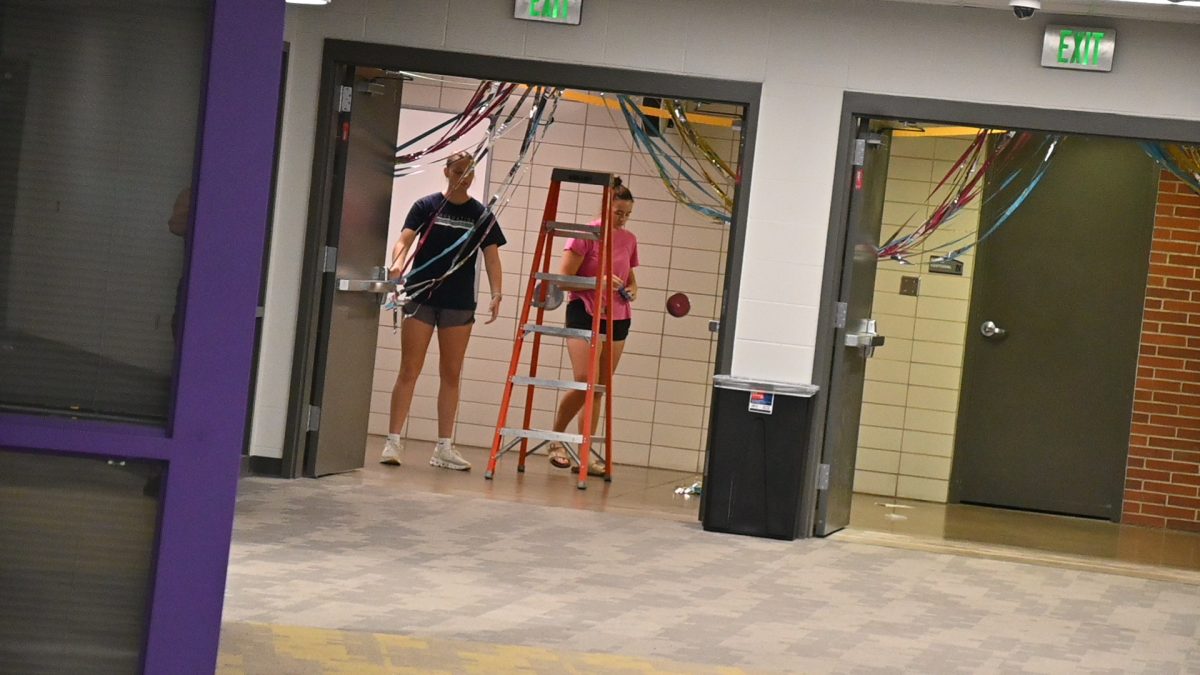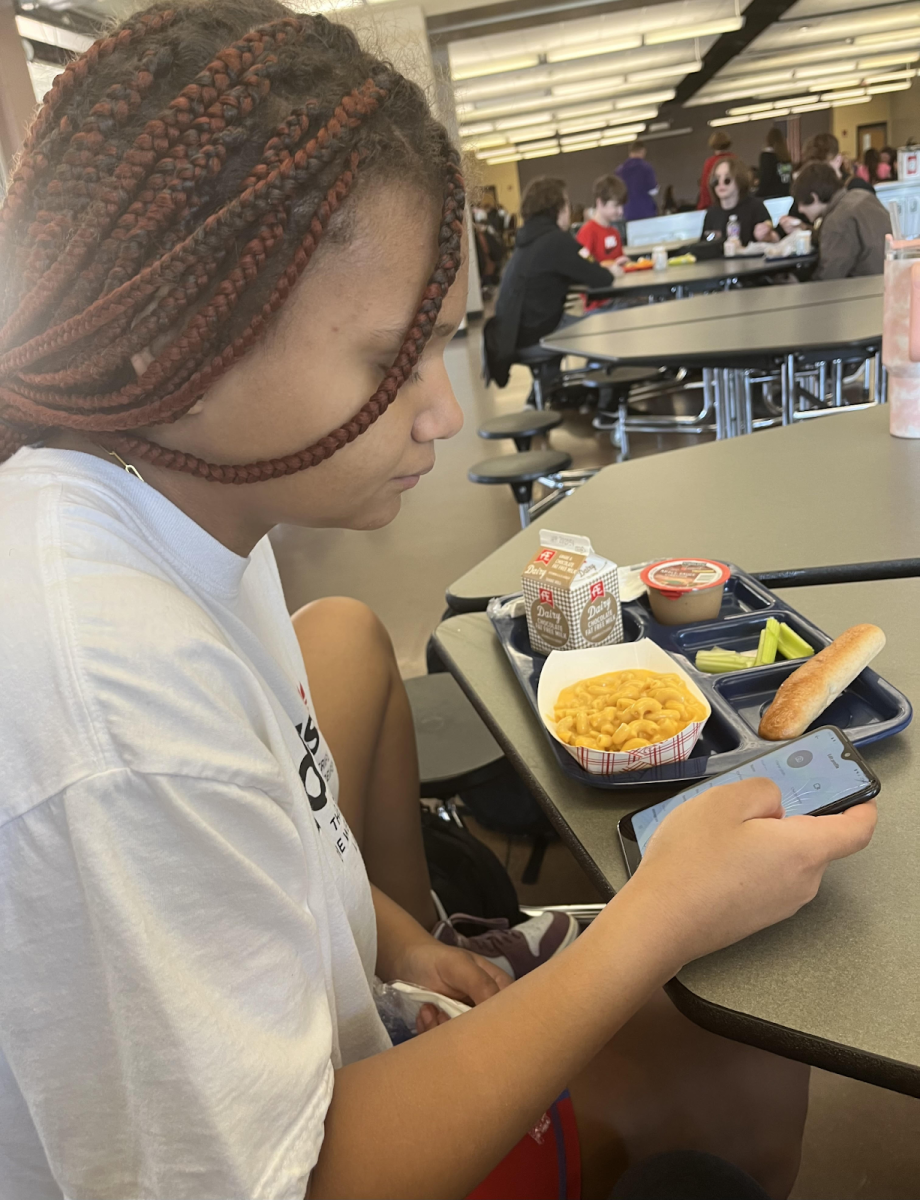TikTok will be banned in the United States if a new bill becomes law, as expected, because of national security concerns. But some Norwalk students say their concern about TikTok is its addictive nature.
Lawmakers passed the bill in response to concerns that the current ownership is a national security threat. CBS reported that there has been conjecture that China could use TikTok’s data to spy on Americans and manipulate content to influence the public.
The U.S. House of Representatives passed the bill on Saturday giving ByteDance, TikTok’s China-based owner, a year to sell its stake in the company or be put out of business in the U.S, According to NPR. AP News has reported that the bill was passed in the Senate, and Joe Biden he would sign the bill to become a law.
Once the ban becomes law, it would involve lost access to app-stores and web-hosting services in the United States, CBS News reported. ABC News shared that this ban will devastate the five million businesses utilizing the app and other users.
Amongst these users are some Norwalk students, who said that they have mixed feelings on TikTok.
Norwalk freshman Olivia Bussanmas said that TikTok is a platform that she enjoys and spends as much as five hours a day on.
“Personally, I love it,” she said. “It’s very entertaining and it gives me something to do when I don’t have anything else to do.”
Norwalk freshman Audrey Graves also said TikTok is a source of entertainment and connection.
“I think TikTok is a great app for businesses and to also know that you’re not alone in situations,” she said. “There’s a lot of relatable content.”
Graves said that she spends a lot of time on TikTok but not recently.
“Currently, since I’ve been very busy, I haven’t been using TikTok so much, so I would say [I use TikTok] at most three hours a day,” she said.
Although both students admit appreciation for TikTok, they concede there is reason for concern.
“I’m kinda 50/50 [about the ban] because TikTok is a great way for small businesses to earn a living but TikTok can be addicting and prevent me from interacting with others,” Graves said. “I think the same as me, a lot of people are addicted to it.”
Junior Allison Foust also said that TikTok is a force of isolation because TikTok promotes the use of phones that impede human interaction.
“It’s kind of taking over my household,” she said. “My whole family uses it. They kind of forget there’s a whole world outside of TikTok.”
Foust said that TikTok is an app with a controversial position as both an app that people have the right to use but also as an addictive platform that’s out of control.
“It’s taking over life and gluing people to a screen,” she said. “Maybe it should be banned but then at the same time people have the right to do what they want. I think they’ll probably just create another app if it does get banned…I don’t think there’s a way to manage TikTok.”
Freshman Nora Reed also said TikTok is addictive and negatively impacts social interaction.
“TikTok is super hard to get off of because anytime you feel bored, you can scroll endlessly,” she said. There’s no limit of videos, which makes it addicting. One time when I was at a sleepover, everyone was using their phones. We weren’t even talking to each other. It’s ruining social interaction.”
Reed said she is familiar with the TikTok ban and believes some benefits could stem from it, although she believes there are bigger issues to resolve.
“I am aware of it. I think it would be good for our generation and people to experience the real world instead of living through their phones,” she said. “I think there’s so many more important issues to be concerned with like climate change, the world’s political mess, and our economy.”


















